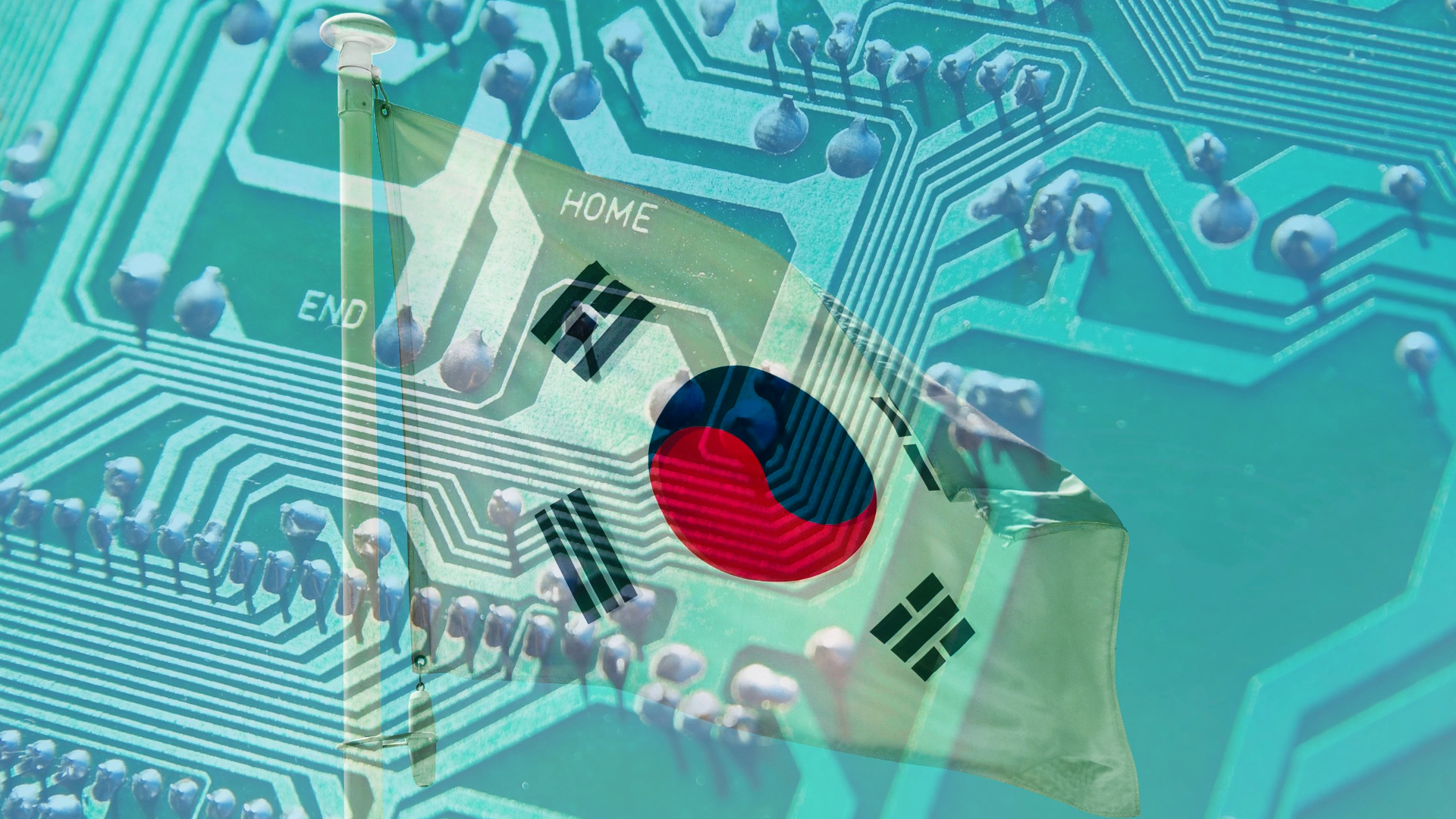South Korea says there are no plans for the U.S. to acquire Samsung shares — denial comes amid talks about Washington acquiring a 10% equity stake in Intel for CHIPS Act funds
South Korea’s political and business scenes are being shaken up by the thought of a U.S. stake in Samsung.

South Korea's presidential office has denied that the U.S. government is looking to purchase Samsung stocks, with the Blue House saying that these are unfounded rumors. According to Digitimes, the speculation started after U.S. Commerce Secretary Howard Lutnick confirmed in a live interview that the White House is in talks with Intel to get a 10% stake in the company in exchange for the billions it received in CHIPS Act funding. There were also reports that Lutnick wanted to expand that deal to other CHIPS Act recipients, which include Samsung.
The South Korean conglomerate was set to receive more than $6 billion in CHIPS Act funding, which was designed to support the construction and expansion of its Taylor, Texas, fab. Although this is a much smaller amount than what Intel received, in both absolute terms and in relation to its market capitalization of more than $300 billion, the fact that there’s even talk of a foreign government taking a stake in South Korea’s crown jewel will stir trouble within its political and business realms.
A few experts suggest that the U.S. acquiring shares in Samsung would be beneficial for all involved, as it would make it easier for the company to access the U.S. market and might even help it avoid import taxes. It could even serve as a bridge between the two governments easing the tension brought about by the 25% tariff that President Donald Trump has put on its goods entering U.S. shores.
Still, the Blue House's initial reaction from this news shows how protective it is of this conglomerate. Some estimates suggest that the company’s revenue makes up around 20% of South Korea’s GDP. So, despite the numerous domestic political scandals the company has been involved in in recent years, its government still wants to ensure that it remains an independent Korean company with no foreign influence, even if it’s coming from its own ally.
There will be a long and arduous negotiation if ever the U.S. pushes through with this idea and asks for equity in exchange for the money it has granted the company. All the parties involved would have to agree on what partial U.S. ownership would look like. Would it include seats on the board, or a say in how the company is run? Or would the U.S. simply let the company run and take any dividends it can get from its investment? And what would happen when the administration — in South Korea and the U.S. — changes its mind and wants to be more involved?
This isn’t the first time that a national government has had a stake in a semiconductor company. For example, TSMC is also partially owned by Taiwan and the Singapore wealth fund. However, these are questions that must be answered before Samsung and South Korea will even agree to any deal.
Follow Tom's Hardware on Google News to get our up-to-date news, analysis, and reviews in your feeds. Make sure to click the Follow button.
Get Tom's Hardware's best news and in-depth reviews, straight to your inbox.

Jowi Morales is a tech enthusiast with years of experience working in the industry. He’s been writing with several tech publications since 2021, where he’s been interested in tech hardware and consumer electronics.